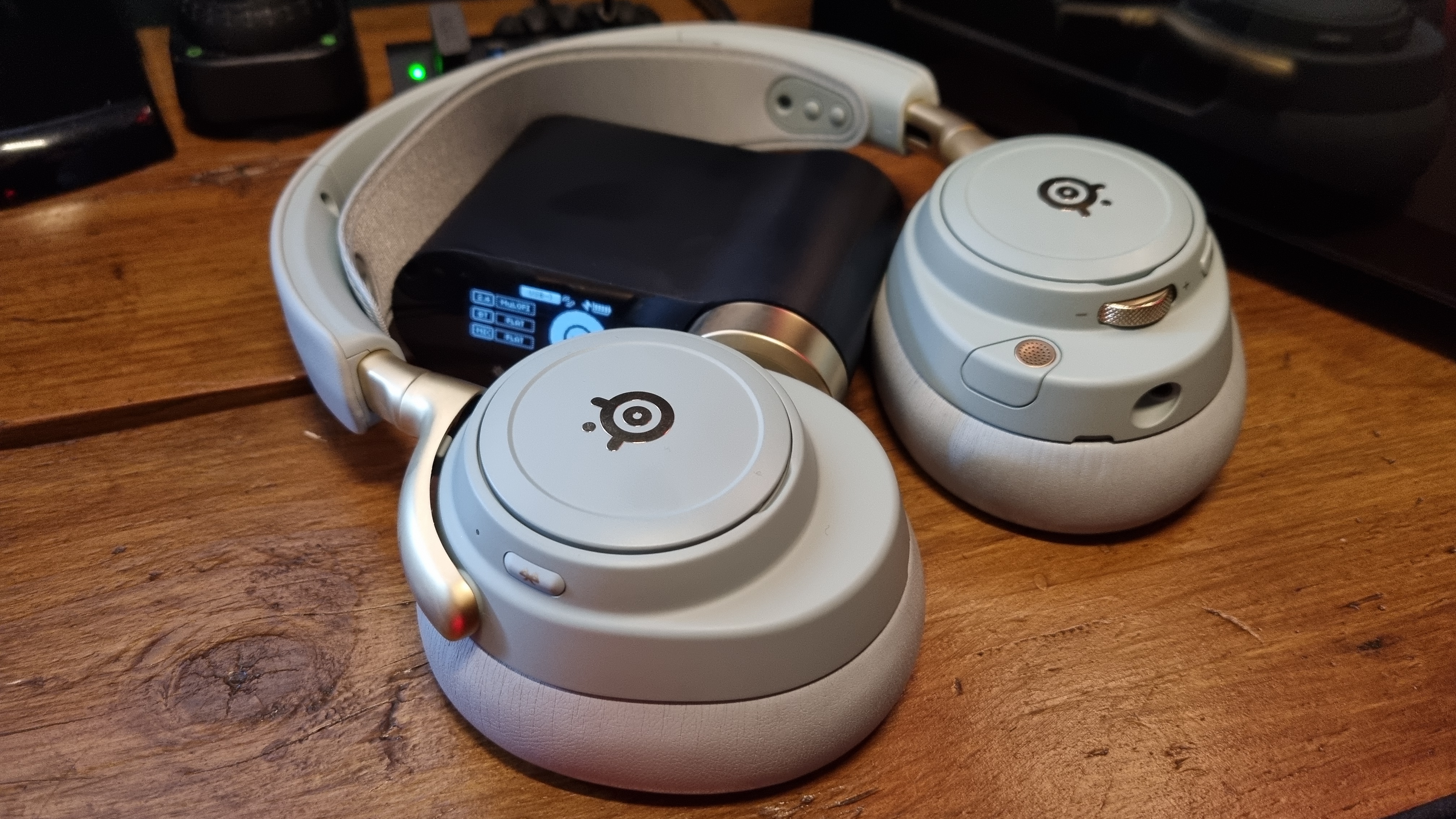Call of Duty: Black Ops 7 is 'building toward the most advanced and robust anti-cheat', requiring players to enable Secure Boot for the beta
This is the new reality.

Keep up to date with the most important stories and the best deals, as picked by the PC Gamer team.
You are now subscribed
Your newsletter sign-up was successful
Want to add more newsletters?

Every Friday
GamesRadar+
Your weekly update on everything you could ever want to know about the games you already love, games we know you're going to love in the near future, and tales from the communities that surround them.

Every Thursday
GTA 6 O'clock
Our special GTA 6 newsletter, with breaking news, insider info, and rumor analysis from the award-winning GTA 6 O'clock experts.

Every Friday
Knowledge
From the creators of Edge: A weekly videogame industry newsletter with analysis from expert writers, guidance from professionals, and insight into what's on the horizon.

Every Thursday
The Setup
Hardware nerds unite, sign up to our free tech newsletter for a weekly digest of the hottest new tech, the latest gadgets on the test bench, and much more.

Every Wednesday
Switch 2 Spotlight
Sign up to our new Switch 2 newsletter, where we bring you the latest talking points on Nintendo's new console each week, bring you up to date on the news, and recommend what games to play.

Every Saturday
The Watchlist
Subscribe for a weekly digest of the movie and TV news that matters, direct to your inbox. From first-look trailers, interviews, reviews and explainers, we've got you covered.

Once a month
SFX
Get sneak previews, exclusive competitions and details of special events each month!
Call of Duty: Black Ops 7's beta is just days away, scheduled to kick off on October 2 for early access players (October 5 for everyone else) ahead of the game's official release on November 14. But before you get to jump in and check it out, Activision wants to make sure that you've got all your ducks in a row, and by ducks, I mean Secure Boot.
"On PC, the Black Ops 7 Beta will require TPM 2.0 and Secure Boot," an official blog post reads. "We’re building toward the most advanced and robust anti-cheat protections players will find in gaming, starting with the Beta on October 2 for Early Access and October 5 for all players."

If you played any of the open Battlefield 6 betas, then you'll know just how much of a pain Secure Boot can be. It's a UEFI firmware that prevents any unauthorised software from running while your PC is starting up, ensuring only verified and uncompromised software can load. It's also what publishers like EA and Activision use for their own anti-cheat, in this case, Ricochet.
"We’re striking cheat makers and sellers from every angle: in-game detections that stop them cold, and legal action that dismantles their operations," the blog post says. "And we’re not stopping there. Significant continued improvements to our systems are coming, including those that detect external hardware.
"The launch of Black Ops 7 marks the beginning of a new phase for Ricochet Anti-Cheat. We enter it armed with stronger systems and an unwavering commitment to game protection and cheat prevention."
It may not sound like a big deal, but it is a real pain for players who either don't or can't have it enabled, or for those who simply dislike the idea of highly intrusive kernel-mode anticheats that have access to pretty much everything with very little restriction. And it can occasionally lead to unexpected headaches, as we saw in August when the Javelin anti-cheat in the Battlefield beta butted heads with Riot's Valorant anti-cheat—not a problem most of us are likely to encounter, but also something that shouldn't be ignored.
Unfortunately, if you're using an older PC which doesn't support UEFI or Secure Boot, you're kind of screwed, as there's not a whole lot you can do to get games that require these two features to run. It's all so frustrating that even Battlefield 6 technical director Christian Buhl admitted that "I wish we didn't have to turn on Secure Boot." But this is just the reality that we live in now, with Secure Boot likely becoming more commonplace for games like Battlefield and Call of Duty going forward.
Keep up to date with the most important stories and the best deals, as picked by the PC Gamer team.

2025 games: Upcoming releases
Best PC games: All-time favorites
Free PC games: Freebie fest
Best FPS games: Finest gunplay
Best RPGs: Grand adventures
Best co-op games: Better together

Elie is a news writer with an unhealthy love of horror games—even though their greatest fear is being chased. When they're not screaming or hiding, there's a good chance you'll find them testing their metal in metroidvanias or just admiring their Pokemon TCG collection. Elie has previously worked at TechRadar Gaming as a staff writer and studied at JOMEC in International Journalism and Documentaries – spending their free time filming short docs about Smash Bros. or any indie game that crossed their path.
You must confirm your public display name before commenting
Please logout and then login again, you will then be prompted to enter your display name.

